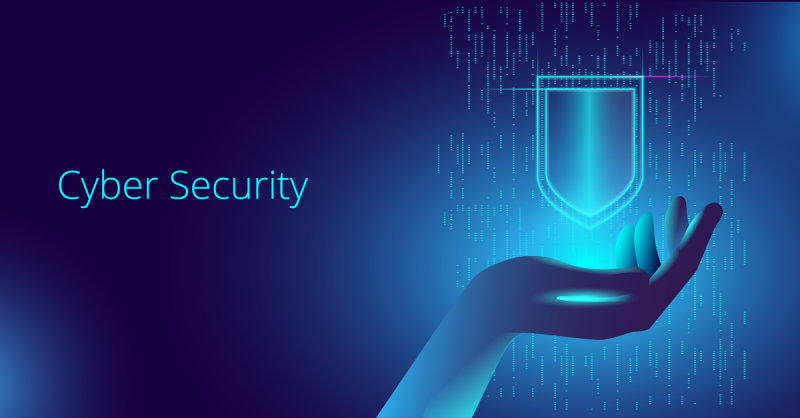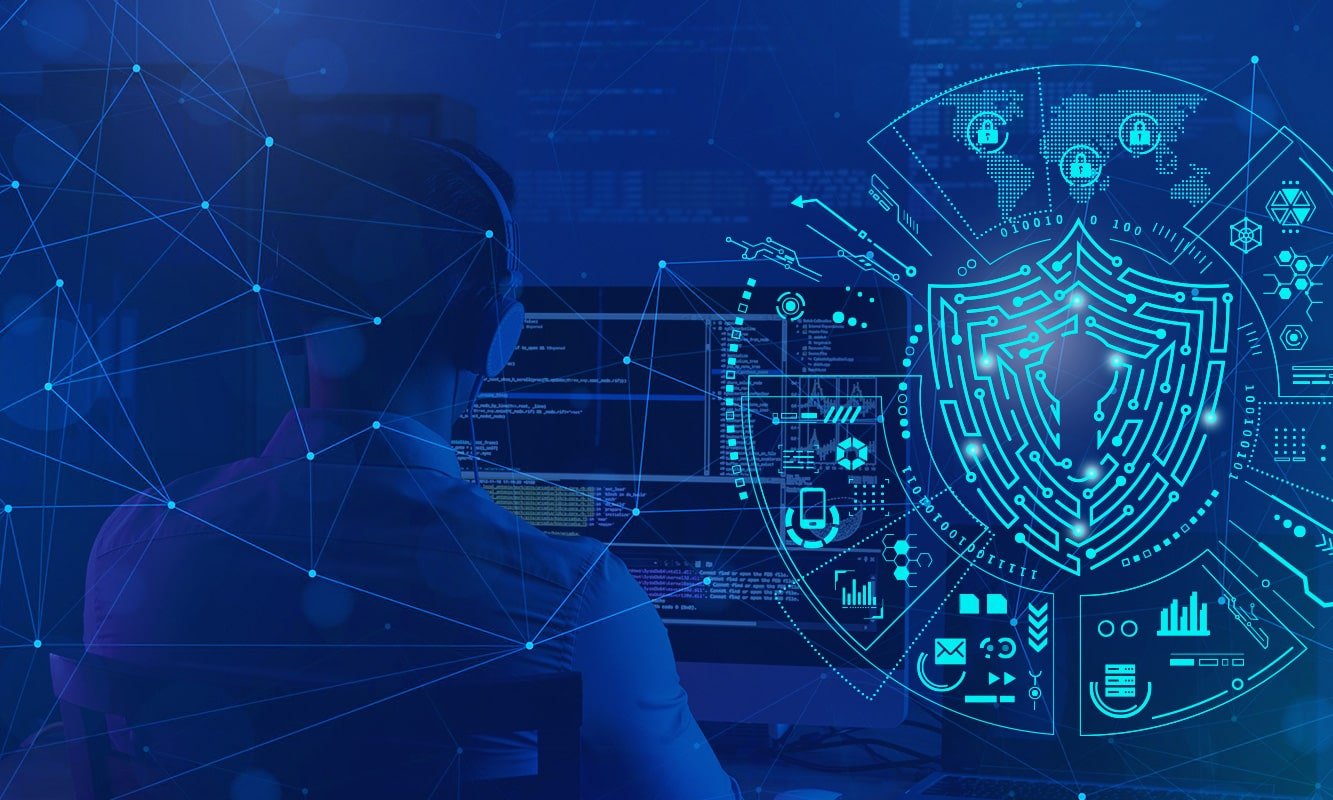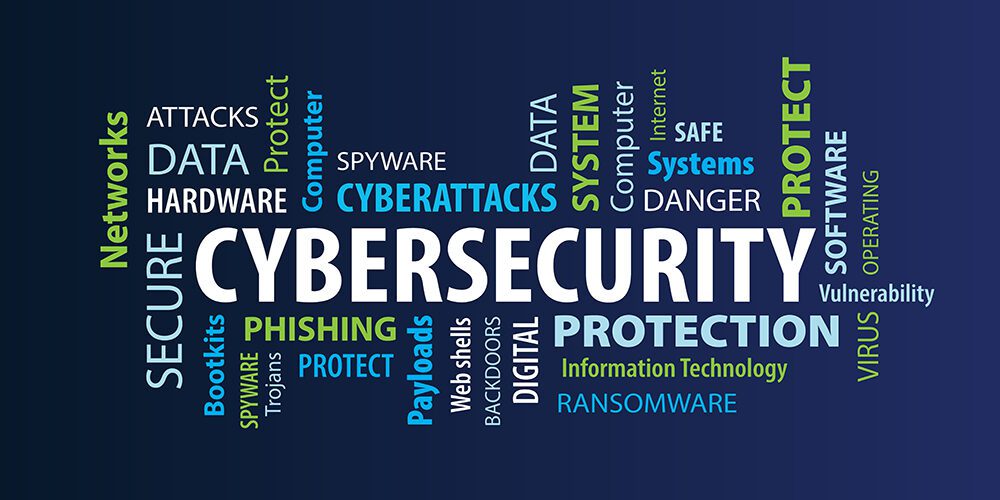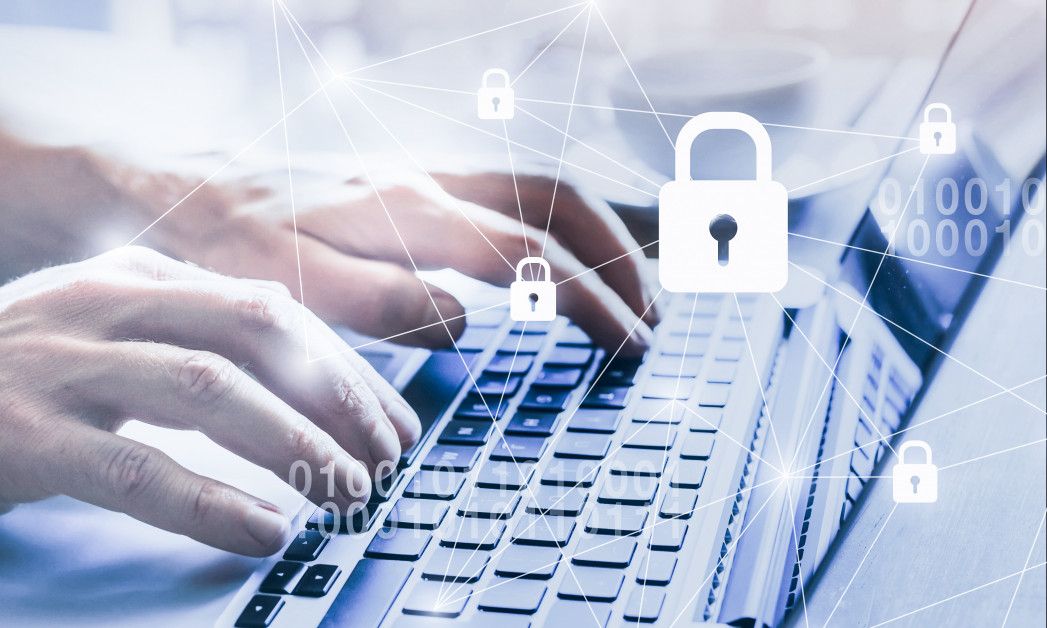Ransomware Assaults Present That Healthcare Should Take Cybersecurity Critically | Cybersecurity
While healthcare suppliers and healthcare trade distributors can’t afford to disregard HIPAA, a brand new menace has emerged and is poised to change into a lot greater: ransomware assaults on hospitals and healthcare suppliers that aren’t in search of to breach affected person data however as an alternative render it inaccessible till the group pays a hefty ransom.
In simply the previous few weeks, the next main ransomware assaults on healthcare amenities have occurred:
- In February 2016, hackers used a chunk of ransomware known as Locky to assault Hollywood Presbyterian Medical Center in Los Angeles, rendering the group’s computer systems inoperable. After per week, the hospital gave in to the hackers’ calls for and paid a $17,000.00 Bitcoin ransom for the important thing to unlock their computer systems.
- In early March 2016, Methodist Hospital in Henderson, Kentucky, was additionally attacked utilizing Locky ransomware. Instead of paying the ransom, the group restored the info from backups. However, the hospital was compelled to declare a “state of emergency” that lasted for roughly three days.
- In late March, MedStar Health, which operates 10 hospitals and over 250 outpatient clinics within the Maryland/DC space, fell sufferer to a ransomware assault. The group instantly shut down its community to forestall the assault from spreading and started to progressively restore knowledge from backups. Although MedStar’s hospitals and clinics remained open, workers had been unable to entry e mail or digital well being information, and sufferers had been unable to make appointments on-line; every thing had to return to paper.
Likely, that is solely the start. A current research by the Health Information Trust Alliance discovered that 52% of U.S. hospitals’ programs had been contaminated by malicious software program.
What is ransomware?
Ransomware is malware that renders a system inoperable (in essence, holding it hostage) till a ransom price (normally demanded in Bitcoin) is paid to the hacker, who then supplies a key to unlock the system. As against many different types of cyber assaults, which normally search to entry the info on a system (reminiscent of bank card data and Social Security numbers), ransomware merely locks the info down.
Hackers normally make use of social engineering strategies – reminiscent of phishing emails and free software program downloads – to get ransomware onto a system. Only one workstation must be contaminated for ransomware to work; as soon as the ransomware has contaminated a single workstation, it traverses the focused group’s community, encrypting recordsdata on each mapped and unmapped community drives. Given sufficient time, it might even attain a corporation’s backup recordsdata – making it unimaginable to revive the system utilizing backups, as Methodist Hospital and MedStar did.
Once the recordsdata are encrypted, the ransomware shows a pop-up or a webpage explaining that the recordsdata have been locked and giving directions on tips on how to pay to unlock them (some MedStar workers reported having seen such a pop-up earlier than the system was shut down). The ransom is sort of all the time demanded within the type of Bitcoin (abbreviated as BTC), an untraceable “cryptocurrency.” Once the ransom is paid, the hacker guarantees, a decryption key can be offered to unlock the recordsdata.
Unfortunately, as a result of ransomware perpetrators are criminals – and thus, untrustworthy to start with – paying the ransom will not be assured to work. An group could pay tons of, even 1000’s of {dollars} and obtain no response, or obtain a key that doesn’t work, or that doesn’t absolutely work. For these causes, in addition to to discourage future assaults, the FBI recommends that ransomware victims not collapse and pay. However, some organizations could panic and be unable to train such restraint.
Because of this, ransomware assaults will be far more profitable for hackers than truly stealing knowledge. Once a set of knowledge is stolen, the hacker should procure a purchaser and negotiate a worth, however in a ransomware assault, the hacker already has a “purchaser”: the proprietor of the data, who will not be ready to barter on worth.
Why is the healthcare trade being focused in ransomware assaults?
There are a number of the explanation why the healthcare trade has change into a primary goal for ransomware assaults. First is the sensitivity and significance of healthcare knowledge. An organization that sells, say, sweet or pet provides will take a monetary hit if it can’t entry its buyer knowledge for just a few days or per week; orders could also be left unfilled or delivered late. However, no prospects can be harmed or die if a field of sweets or a canine mattress is not delivered on time. The identical can’t be mentioned for healthcare; physicians, nurses, and different medical professionals want quick and steady entry to affected person knowledge to forestall accidents, even deaths.
U.S. News & World Report factors to a different wrongdoer: the truth that healthcare, in contrast to many different industries, went digital virtually in a single day as an alternative of progressively and over time. Additionally, many healthcare organizations see their IT departments as a value to be minimized, and due to this fact don’t allocate sufficient cash or human assets to this operate:
According to the statistics by Office of National Coordinator for Health Information Technology, whereas solely 9.4 % of hospitals used a fundamental digital report system in 2008, 96.9 % of them had been utilizing licensed digital report programs in 2014.
This explosive progress charge is alarming and signifies that well being care entities couldn’t have the organizational readiness for adopting data applied sciences over such quick time period. Many of the small- or medium-sized well being care organizations don’t view IT as an integral a part of medical care however somewhat think about it as a mandate that was compelled on them by bigger hospitals or the federal authorities. Precisely attributable to this motive, well being care organizations don’t prioritize IT and safety applied sciences of their investments and thus don’t allocate required assets to make sure the safety of their IT programs which makes them particularly weak to privateness breaches.
What can the healthcare trade do about ransomware?
First, the healthcare trade wants a serious shift in mindset: Providers should cease seeing data programs and data safety as overhead prices to be minimized, understand that IT is a important a part of twenty first century healthcare, and allocate the suitable financial and human assets to operating and securing their data programs.
The excellent news is, since ransomware virtually all the time enters a system by easy social engineering strategies reminiscent of phishing emails, it’s absolutely potential to forestall ransomware assaults by taking such measures as:
- Instituting a complete organizational cyber safety coverage
- Implementing steady worker coaching on safety consciousness
- Regular penetration checks to determine vulnerabilities



